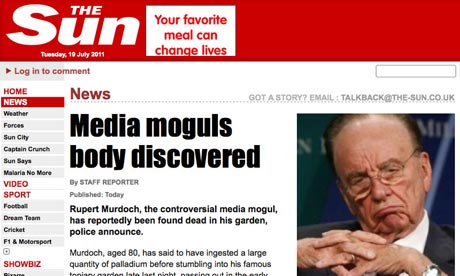Irene is no longer a hurricane, and Muammar Gadaffi is no longer "brother leader" of Libya. As I noted hyperbolically a few months ago ("Spelling champion", 2/11/2011), the ex-brother-leader's name was "the last hold-out for the Elizabethan approach to spelling".
As a memorial to the traditional orthographic creativity of the English language, I give you the OED's list of hurricane variants:
α. 15 furacane, furicano(e, 15–16 furacana, 16 foracan(e, furicane. β. 15 haurachana, 15–16 (18) hurricano, 16 haraucana, haroucana, haracana; her(r)i-, hery-, hira-, hire-, hyrra-, hyrri-, ( hurle-, hurli-), ( h)uracano. γ. 15–16 uracan, 16 heri-, huri-, ( hurle-, oran-), urycan; harau-, haura-, heri-, heuri-, herocane, harrycain, 16–18 hurrican, 16– hurricane.
Read the rest of this entry »
 Starbucks has opened its first retail outlet for healthy fruit and vegetable juices, in Bellevue, WA. And . . .
Starbucks has opened its first retail outlet for healthy fruit and vegetable juices, in Bellevue, WA. And . . .
